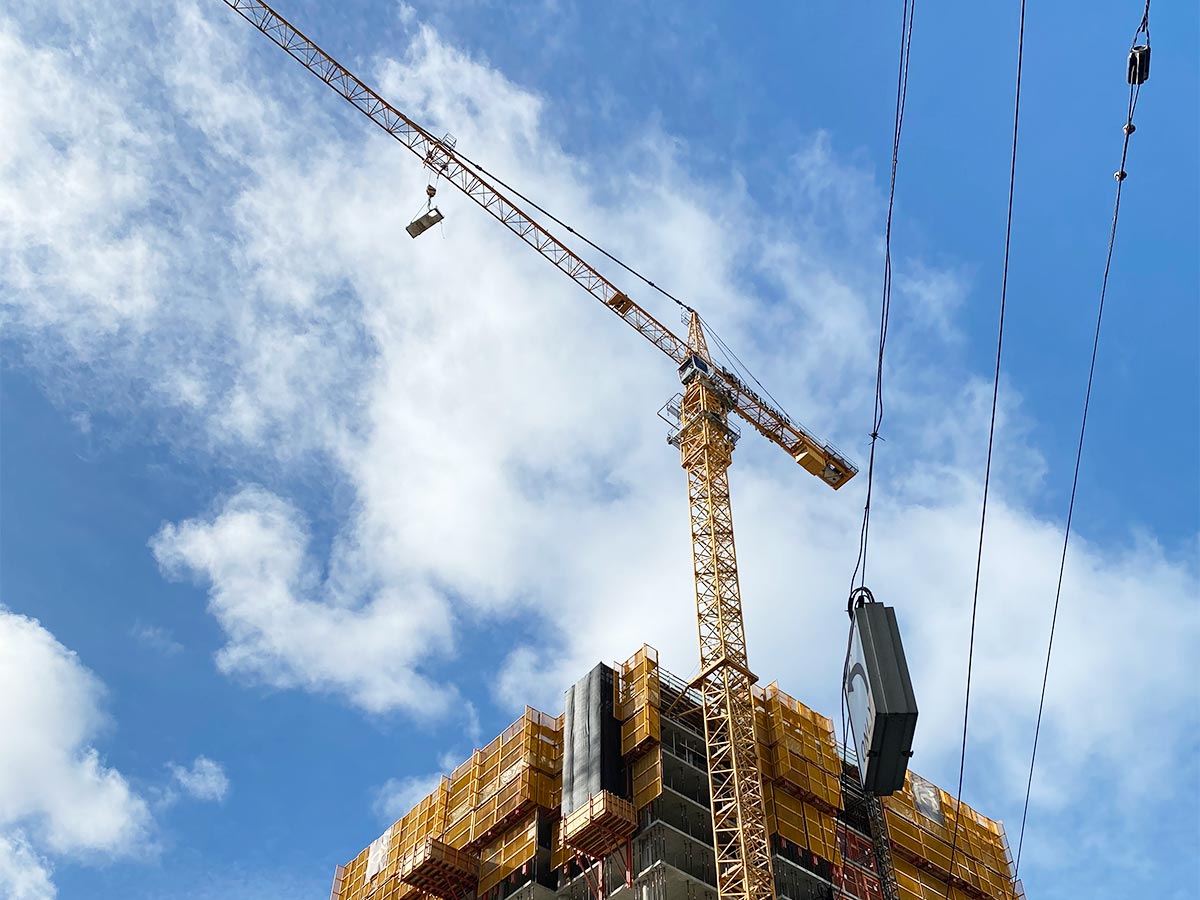News
Downtown Construction Still Robust as Developers Navigate Pandemic
Posted on

Downtown Seattle continues to traverse COVID-19’s unprecedented economic impacts. But despite facing similar headwinds as the nation at large, Seattle remains one of the top markets for new construction, once again topping all other U.S. cities in Rider Levett Bucknall’s crane index.
This is one of the key takeaways from the Downtown Seattle Association’s 2020 year-end Development Guide, released in conjunction with the annual State of Downtown event held earlier this month.
According to the report, many of the projects in downtown’s construction pipeline will be completed while the economy is still recuperating, and filling this new space will likely take longer than in recent years. The future is uncertain, but downtown construction remains active.
Out of 30 projects originally scheduled for completion in 2020, 21 were finished. There are an additional 205 in the pipeline, and 54 developments are currently under construction. Last year, 2,020 residential units were completed downtown, and two-thirds of all projects currently under construction include a residential component.
“Our downtown grew at historic rates for nearly a decade,” said DSA President & CEO Jon Scholes. “Though we’ve endured a year of challenges, signs point to a recovery and the return of our center city as the jobs and residential core of our region. Developers continue to plan for a downtown filled with businesses and people.”
Other findings of the report include:
- The amount of office space under construction at the end of 2020 was 3.1 million square feet, similar to 2019, but down from a high of 6.4 million square feet in 2018.
- There are now 2,865 condo units under construction or in demolition, shoring and excavation phases — a three-fold year-over-year increase in the number of condo units permitted and underway.
- Since 2010, an average of 28 projects were completed each year downtown, with a peak of 53 completed in 2017.
- Given the impacts of COVID-19 on travel and conventions, the hotel industry is likely over-invested in the short term, with room demand at an all-time low. Commercial leasing also slowed considerably last year, and remote work remains prevalent.
For more information about DSA’s economic development and advocacy efforts, visit our website.